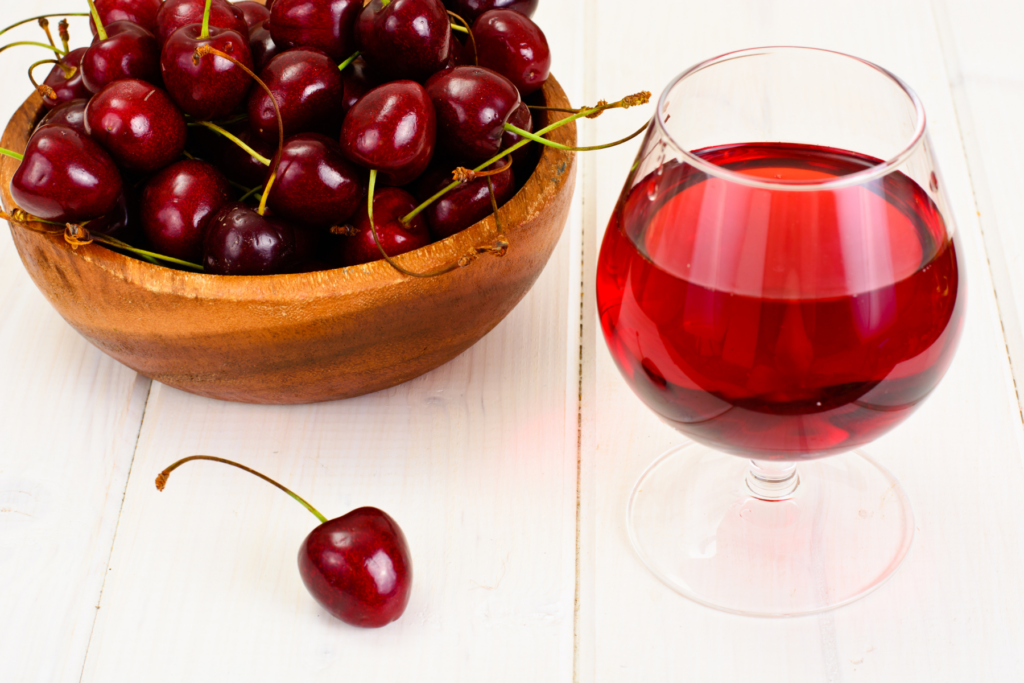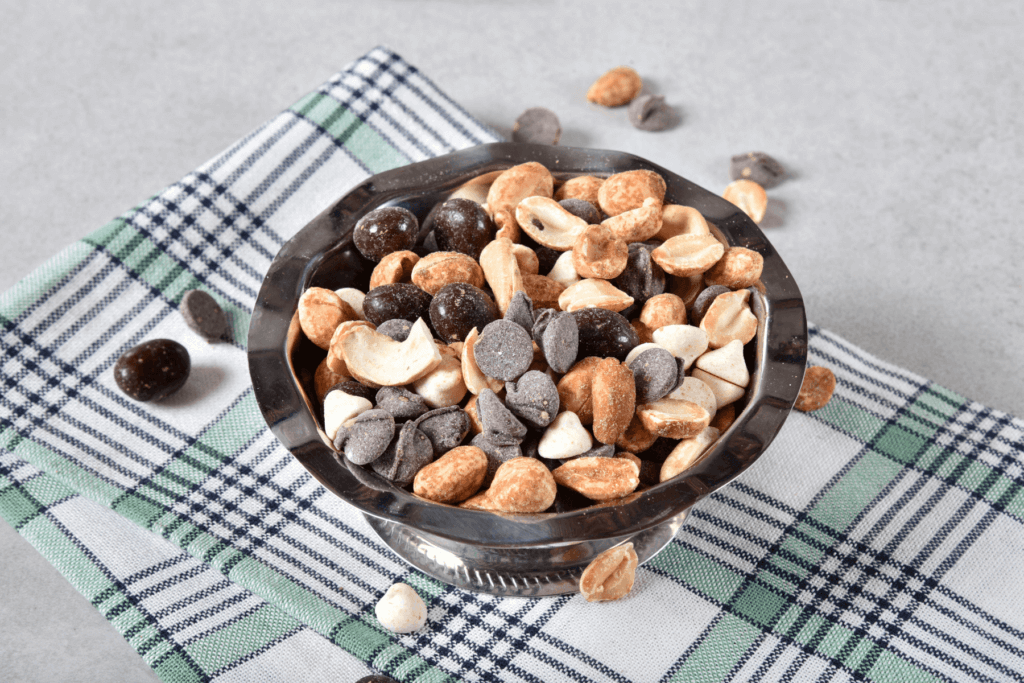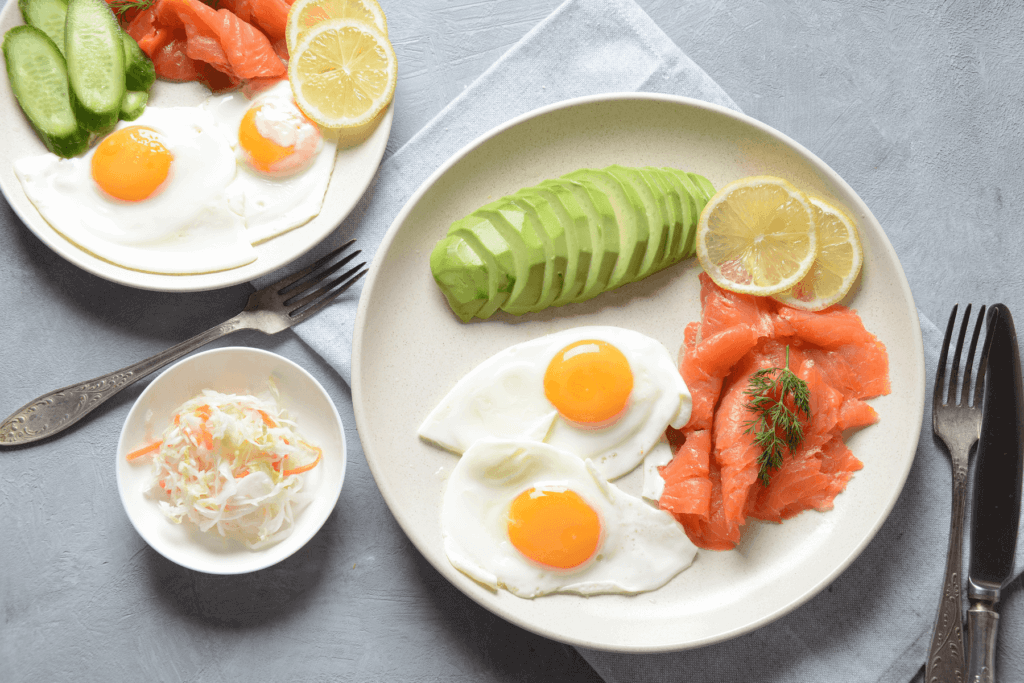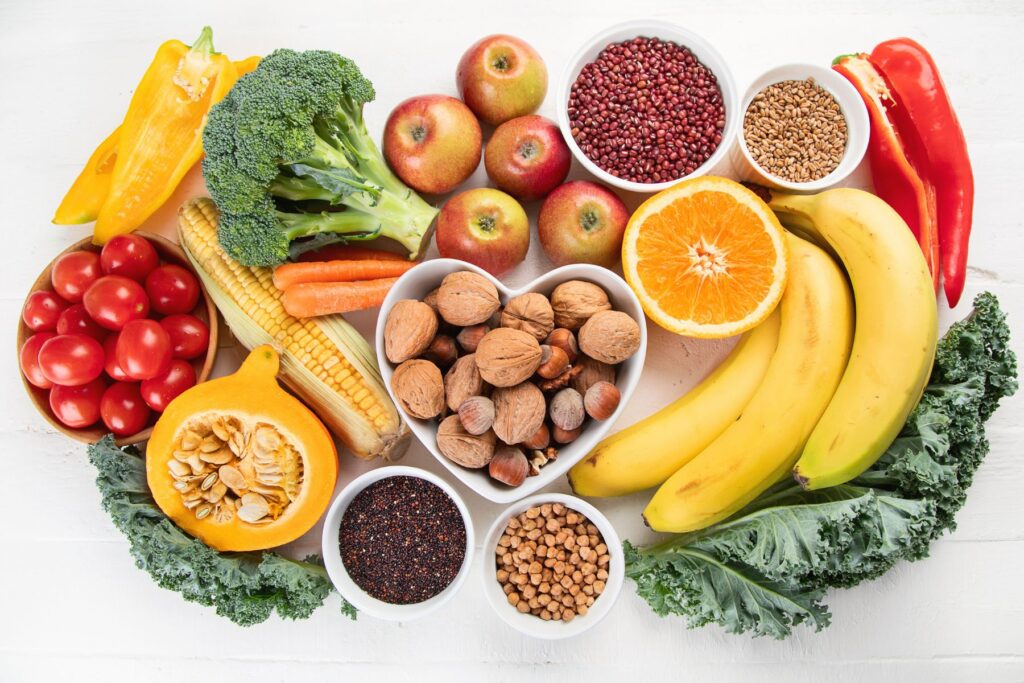Foods to Eat for Better Sleep
August 14, 2023

Many health care professionals now recognize the importance of sleep. In fact, some go as far as to say that rest is just as important as diet and exercise in overall health and chronic disease management and prevention. And guess what – they are correct!
This information might be exciting news to some readers as they now have another aspect of their lives they can try to enhance to feel better in life, at work, or on the field playing sports. However, getting adequate sleep can be difficult for a lot of people and be very stressful.
Let’s talk about the importance of getting those Z’s and how your diet can help with better rest!
How Much Sleep Do I Need?

According to the Centers for Disease Control and Prevention (CDC) adults ages 18+ should aim for 7-9 hours of sleep each night and adolescents ages 13-18 should aim for 8-10 hours per night.
You may not think that 7 hours is a lot but 1 in 3 adults do not get at least 7 hours of sleep each night per CDC data.
There are many things that impact sleep such as stress and exercise but since this is a nutrition blog written by a dietitian we will focus on how food effects sleep and how you can use food to help optimize your rest.
How Food Can Help You Sleep
Melatonin
Melatonin is a hormone produced by your brain and it has a direct effect on sleep. You might have seen melatonin supplements in the store but did you know that there are foods high in melatonin you can eat to help promote good quality rest?
These foods include eggs, tart cherries (and tart cherry juice), nuts (especially almonds), fish, and milk.

Tryptophan
Tryptophan is an amino acid that is thought to have some part in promoting good quality rest due to its role in the production of both melatonin and serotonin.
Some foods high in tryptophan include milk, turkey, chicken, oats, chocolate, nuts, and fruits, like a banana!

Vitamin D
Some new research has shown there might be some correlation between vitamin D intake and sleep.
We all know that spending some time in the sun prompts our bodies to make vitamin D however there are also some foods that are high in vitamin D you might want to try to include in your diet. These include salmon, eggs, vitamin D fortified milk/yogurt, mushrooms, and canned tuna.

Fiber
Lastly, some research has also shown that a high fiber diet might help with sleep. Many years of research have shown us that diets high in fiber are good for overall health as well. There are many different types of foods high in fiber that include most fruits, vegetables, and whole grain carbohydrates.

Takeaways…
Now, you just learned about a lot of different foods you can eat that research has shown us might have an impact on your sleep.
I would like to caution as with most things in nutrition there is no “quick fix”. By this I mean you aren’t going to start to drink milk and then quickly go from sleeping 5 hours per night to 8 hours per night. But, making nutrition a part of your sleep routine along with stress management and regular exercise can be key for success.
If you want to learn more about the role nutrition plays in sleep be on the lookout for our latest Mind Your Fitness Podcast episode on this very topic Here or find it on spotify or apple music!
If you’re looking for a sports dietitian to help you optimize your performance, health, recovery, and rest through optimizing your fueling and hydration plan, we’re here to help. Check out our performance packages HERE.
References:
Centers for Disease Control and Prevention. (2022, September 14). Sleep and Sleep Disorders. Centers for Disease Control and Prevention. Retrieved July 25th, 2023, from https://www.cdc.gov/sleep/about_sleep/how_much_sleep.html
Zhao, M., Tuo, H., Wang, S., & Zhao, L. (2020). The Effects of Dietary Nutrition on Sleep and Sleep Disorders. Mediators Inflamm, 3142874. doi: 10.1155/2020/3142874.
[…] in a loss of essential nutrients and fiber. By opting for whole grains, you benefit from their higher fiber content, which aids in digestion and weight […]